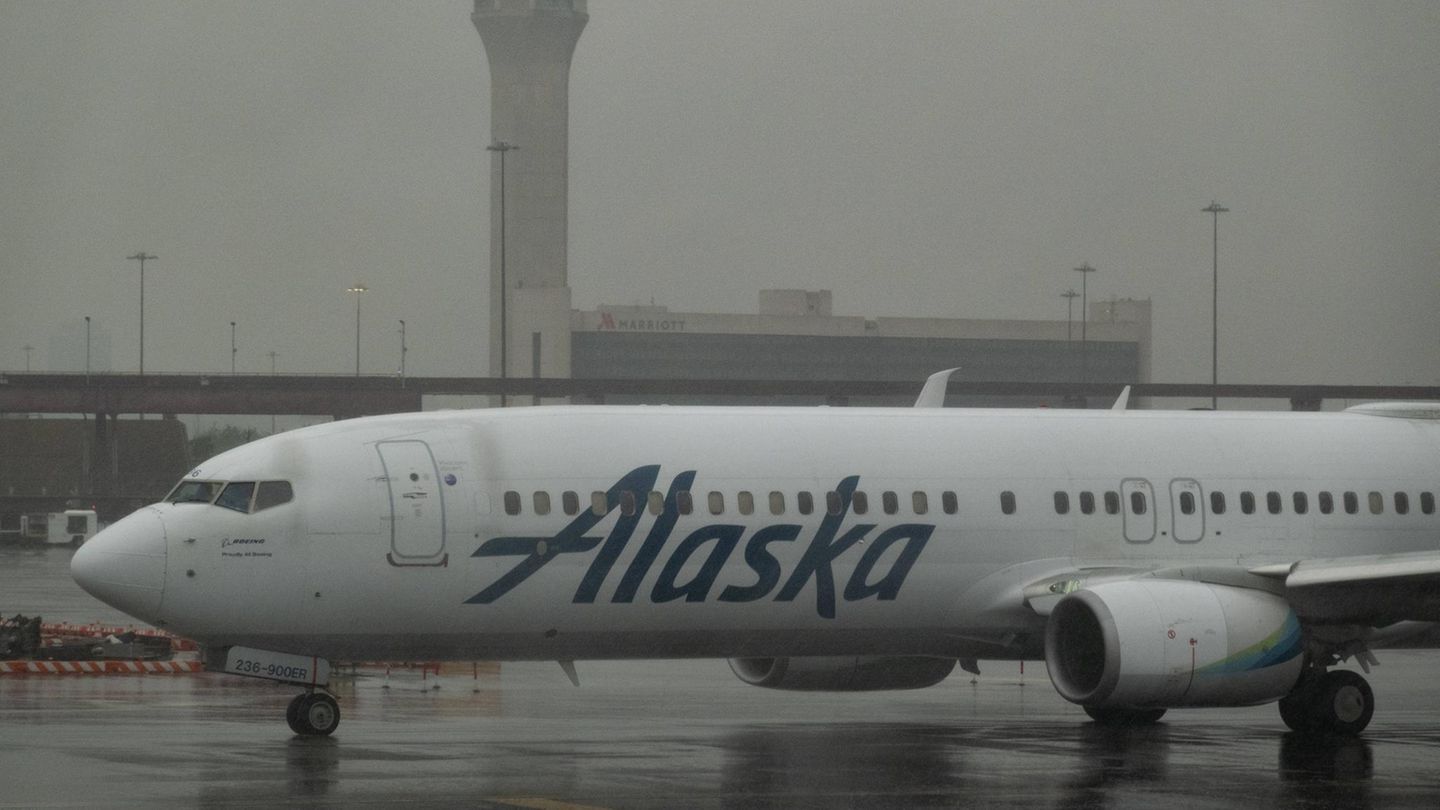Gas deliveries would continue unchanged, the gas storage tanks were 13 percent full, which is normal at this time of year. Nevertheless, the government (as well as the German one) has declared the early warning level for the gas emergency plan. Strictly speaking, this is just a measure without consequences. The gas deliveries would be “closely monitored,” says Minister Leonore Gewessler.
In the multi-stage emergency plan, a supply bottleneck only occurs in phase 2, the market price rises, but the first is not the case yet. But calling the early warning level increases the prices. In phase 3, large consumers are called upon to limit consumption. Large consumers who do not comply must pay a fine. According to reports, the emergency plan is anything but mature. In talks, E-Control tries to find out who could do without what and when. What is certain is that households and gas-fired power plants are given preference.
After all, Russia has demanded that gas deliveries be paid for in rubles. After the EU’s refusal, Moscow tightened the threat scenario, but withdrew it somewhat on Wednesday. In the evening, Germany’s government spokesman announced that Russian President Vladimir Putin had assured German Chancellor Olaf Scholz that European companies could continue to pay their bills for Russian gas in euros.
Source: Nachrichten




